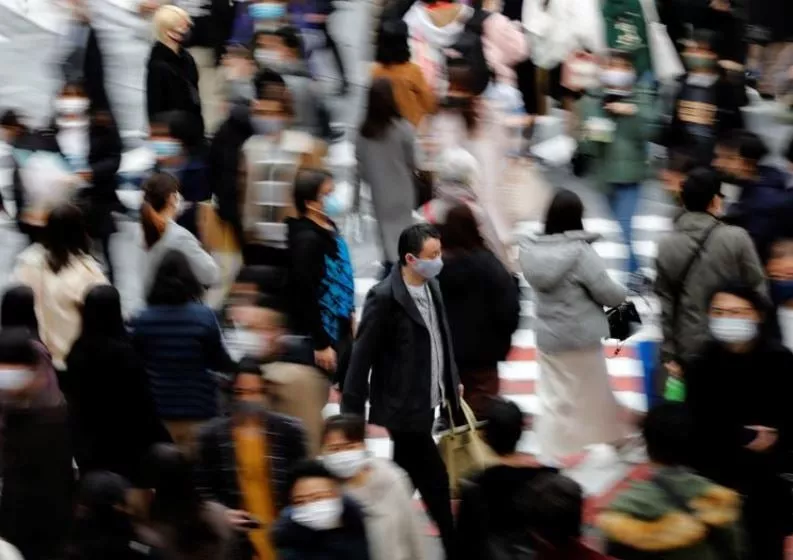Can coronavirus re-infections be more lethal?
With little information to reference from, experts seem to have varying opinions on the matter
PESHAWAR:The world today knows more about the novel coronavirus than it did a few months ago. Through virtue of knowledge being power, the end of 2020 has also yielded a potential cure in the form of various approved vaccines. Where global circumstances may still not change overnight, there is a glimmer of hope among many that the dawn of 2021 may at least wash away the haunting uncertainty of the past year.
However, where optimism is a moral duty, it would be unwise to not be wary of the less-than-fortunate outcomes and the paths leading towards them in this battle. Although the virus now has a cure which may lead to a slow burn-out of the pandemic, some among the medical community fear that viral re-infections may plague months of progress. On the graver side of things, there are also speculations that despite the perceived one per cent chance, Covid-19 re-infection could also prove to be more lethal than the contagion’s primary attack.
The concern had long been debated within closed circles of the medical community; only gaining mainstream relevance when re-infection cases started showing an increased global frequency. Previously, most people who tested positive once and recovered, banked on their body’s newfound immunity to keep the virus at bay. But now, as the concept of acquired-immunity starts to appear murky, the lack of information on the matter has left many breaking out in a cold sweat.
According to an article published in The Scientist, an American magazine for life science professionals, until sometime ago, the risk for documented re-infection was very rare at about 1-2 reinfections per 10,000 infected persons. The article, through a researcher’s note, also said that findings suggest that most infected persons do develop immunity against re-infection that lasts for at least [a] few months. And that re-infections (if they occur) are well tolerated and no more symptomatic than primary infections.
Local experts however, have varying opinions on the matter. Dr Iftikharuddin, who was at the helm of Khyber Pakhtunkhwa’s fight against the dengue epidemic, believes that re-infections, although rare, could be more lethal than the virus’ primary attack. “Surviving coronavirus often takes a severe toll on a person’s body with various long-term effects on health. I fear the virus infecting the body for the second-time, while it’s still weak from the first infection, may prove to be more dangerous as compared to when the body was relatively healthy.”
As opposed to Dr Iftikharuddin’s claim, Prime Minister’s Special Assistant on Health Dr Faisal Sultan said that terming re-infections lethal at this point, is an opinion void of critical thinking. “The numbers are still a fraction of a fraction. And if you ask me whether Covid-19 reinfection is lethal or not, I’ll say it could ‘possibly’ be but not necessarily,” the prime minister’s special assistant opined.
On the matter of the Pakistan’s success in flattening the curve during the virus’ first wave and its issues doing the same during its second spell, a senior health official speaking on conditions of anonymity said it partly due to the ongoing season and the media buzz around the new disease. “No one was expecting flu and cold during the summers and there was a lot of scare created by the media too, which drove everyone to testing centers as soon as they noticed even mild symptoms. This gave us an edge in identifying vial hubs and isolating people accordingly. However, in time of second wave, most people have become desensitised to the media hype while symptoms like flu, sore throat and cough are taken to be a winter related issue. Which is why the cases are ballooning now,” the official told The Express Tribune.


COMMENTS
Comments are moderated and generally will be posted if they are on-topic and not abusive.
For more information, please see our Comments FAQ